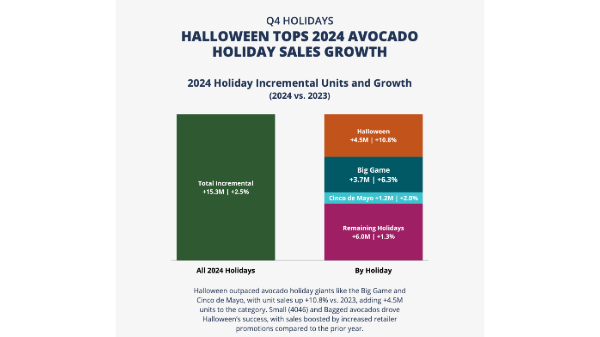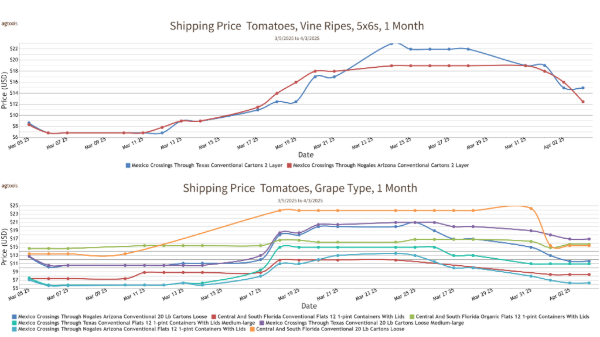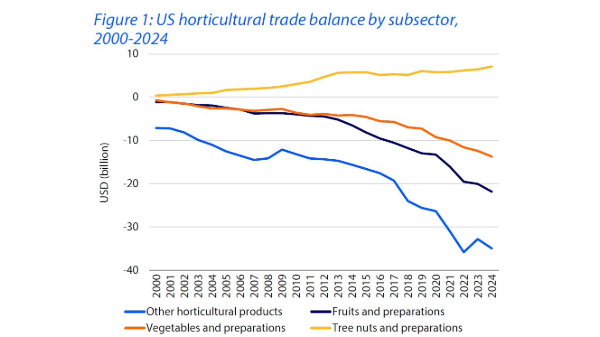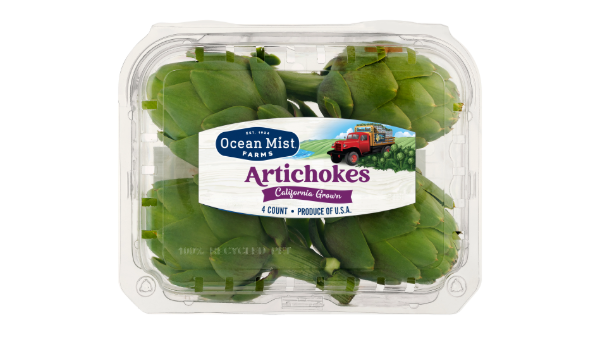Welcome to Blue Book!
Are you ready to join the thousands of companies who rely on Blue Book to drive smarter decisions? View our plans and get started today!
Still have questions? We’d love to show you what Blue Book can do for you. Drop us a line– we’ve been waiting for you.
The profit component is essential to the success of SCS. Simply stated, retailers and consumers are unwilling to pay a significant premium for SCS-focused goods—thus produce companies must develop production techniques and supply chain processes that are both cost efficient and environmentally sustainable. These financial considerations are critically important to a grower/packer/shipper like Five Crowns Marketing of Brawley, CA. “We have to look at sustainability from an efficiency and business standpoint. In the long run, a sustainability project has to make sense to our bottom line,” states Daren Van Dyke, sales and marketing manager.
Ultimately, it’s important to consider all three facets of SCS as these “dovetailed interests are critical to sustainability,” notes Minos Athanassiadis, managing partner of the Bakersfield, CA-based Fresh Link Group, LLC. “For example, if you look at the situation from a mixed family legacy-financial perspective rather than a purely financial perspective, then you have a greater incentive to be sustainable.”
Strategies
Grower Initiatives
Of the three SCS elements, the most strategic emphasis is placed on the planet and green initiatives. “There is a brighter light shining on environmental issues because our industry works with the land and is heavily dependent on natural resource inputs,” says Means.
It begins at the grower level with conservation of water, minimization of pesticides, and economical applications of fertilizer. “You need to be very conscientious,” suggests Athanassiadis. “You want to make sure your neighbors and community stay healthy,” he notes, but “you don’t want to spend anymore money than you absolutely have to.”
Means agrees with the need for sustainable and cost efficient farming initiatives, but adds: “this is not something dealt with just at the grower level. Inclusion of the whole supply chain is important.” Packers, shippers, wholesalers, and retailers must also pursue postharvest SCS opportunities in packaging, transportation, and storage.
Packaging & Selling
Packaging—including reusable plastic containers and earth-friendly materials, are important SCS initiatives. One goal is to move away from nonrecyclable wax-coated corrugated boxes and Styrofoam containers, says Michael McCartney, founder and principal of QLM Consulting. He has found “a shift toward innovative packaging solutions like plastic impregnated corrugated boxes—they have excellent insulation quality, good stackability, and appropriate strength.”








